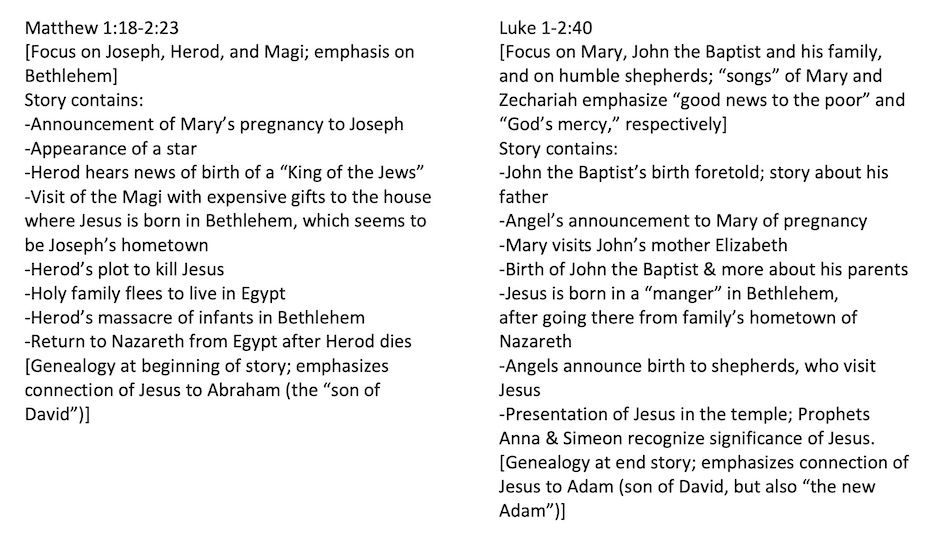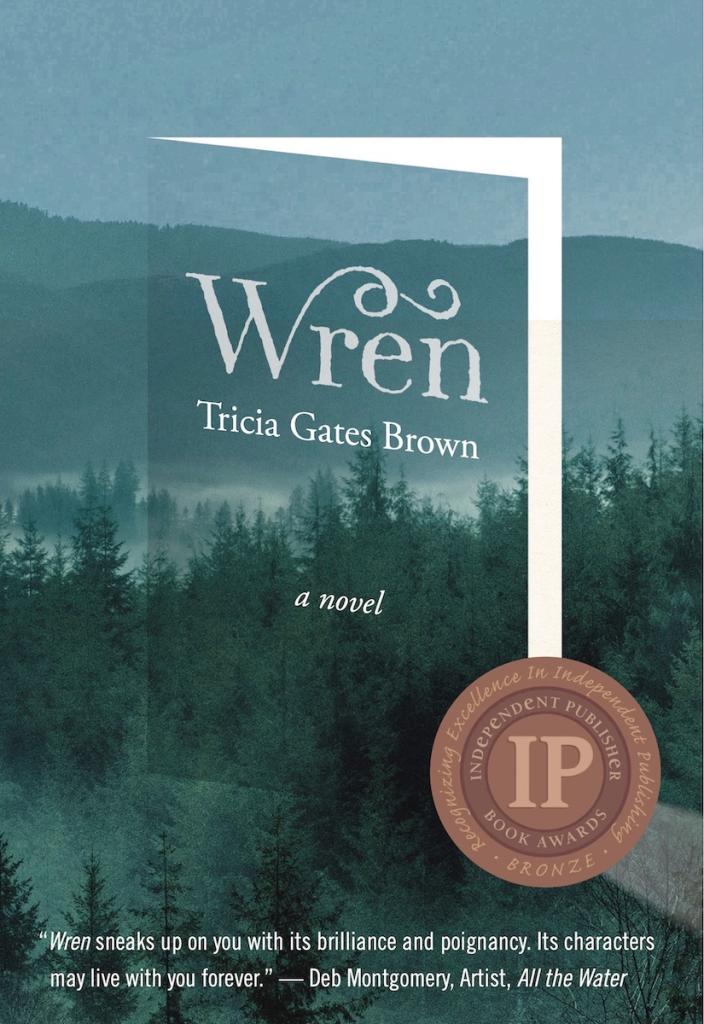
{Perhaps my favorite thing about this season is reminding readers (and myself) how subversive are the Christmas stories. Before reading this column, I suggest you read Part One HERE.}

Christmas Stories as Microcosms
I find these Christmas stories both challenging and enlivening. If the Christian tradition just sanctioned the status quo, the “domination system,” it would have nothing interesting to offer. It would be another domination narrative by those seeking to advance their tribe and their egos. But the Christmas stories are microcosms of the gospels of Matthew and Luke, or overtures, and as such reveal a rich counter narrative to the domination system’s way of violence, oppression, and greed. There is so much to love here!
So too, there is so much that challenges us. I am an American who—like many Americans—benefits from being a citizen of history’s most far-reaching empire (this, added to the benefits of my being part of the dominant group in America). Almost all Americans benefit from our country’s geopolitical domination, whether in the form of relatively low prices at the market and gas pump, freedom of movement around the world, or in other ways. It can be so easy to forget or to “choose not to remember” how we benefit from the systematic domination of people in our own time and historically. And it can make it hard for us to understand the power of the Christmas stories, the confrontation leveled by Jesus.
This Christmas, may we have our ears tuned to hear its subversive message, and may we invite real understanding and all of the reparative efforts it demands of us. If “the first are to be last, and the last first,” it will be so because we actualize this vision in our own spheres of influence, living out the “way of peace” that Jesus taught us.
[1] The narratives in Matthew and Luke are quite different, as shown by this chart summarizing their key points:
Wren, winner of a 2022 Independent Publishers Award Bronze Medal














